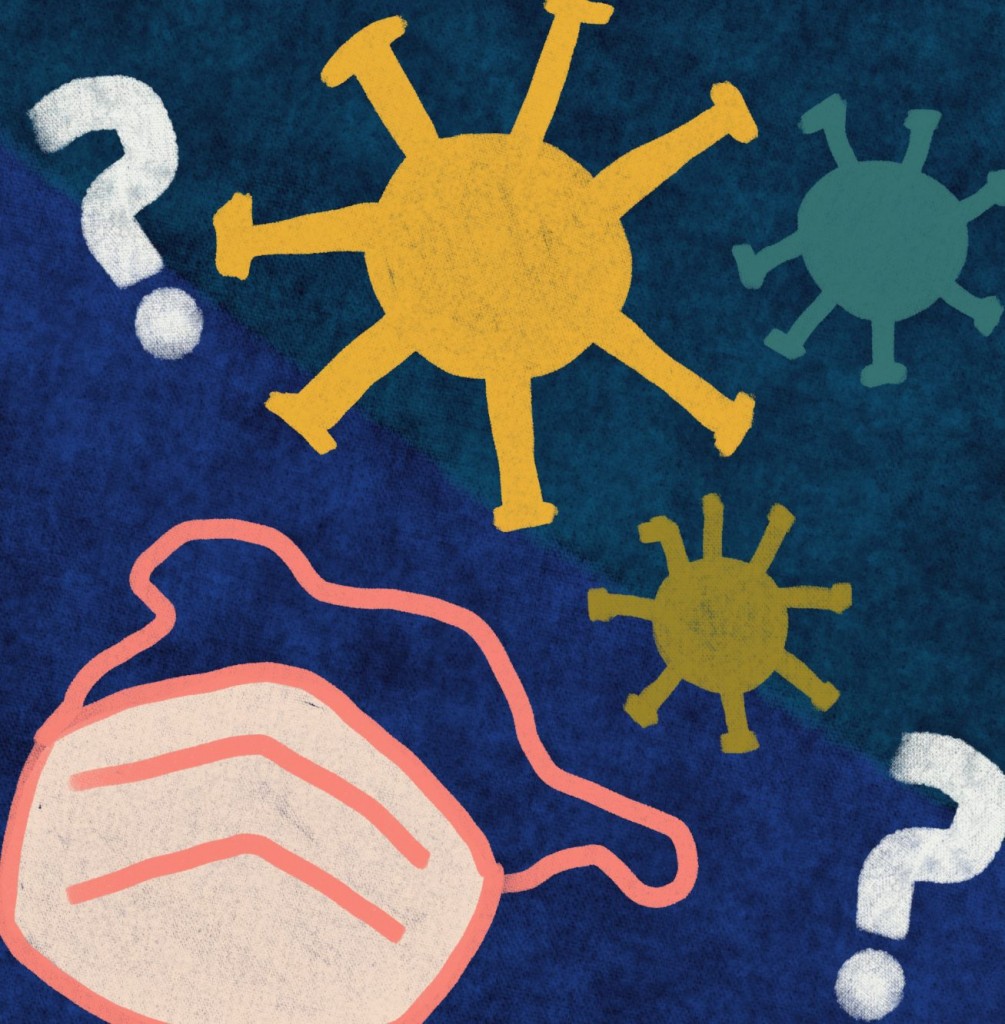
Rogan is an entertaining podcaster and interviewer, and he often has interesting things to say, but the man is not a repository of great medical information.
Joe Rogan is good, but he isn’t better than your doctor
By Matthew Fraser, Editor in Chief
There’s a weird thing that happens when people are extraordinarily successful in one or more endeavours; the people around them will at times react as if they have wide-reaching and intimate knowledge on unrelated things. This is always a strange thing to see. Most people would never assume that their bookkeeper or accountant has specialized knowledge on cars; generally, we don’t assume that the neighbourhood handyman has excellent legal advice, most people wouldn’t rush to their doctor for stock advice either. Yet somehow, people jump to the conclusion that success in one arena translates to global competency and skill.
This issue was on display when Green Bay Packers quarterback Aaron Rodgers admitted to consulting Joe Rogan for COVID-19 advice. Now, the context of the comment was quite simple, Rodgers had been invited on to the Pat McAfee Show to discuss his recent COVID diagnoses. While explaining his situation, Rodgers intimated that he had consulted his “good friend” Joe Rogan on how best to deal with COVID. As you can guess or already know, this went instantly and horribly array.
To be fair, Rogan did himself get COVID and did recover quite quickly; as a result, you can argue that his experience could be in some manner effective for Rodgers. The problem is that Rogan is not a doctor and that COVID is more serious than a common cold. Though it makes perfect sense to consult your grandma’s chicken soup recipe and a bottle of Dayquil for your sniffles, COVID (at this point) requires a step above in care. And this is the root of Aaron Rodgers’ screw-up.
Rogan is an entertaining podcaster and interviewer, and he often has interesting things to say, but the man is not a repository of great medical information. His realm of expertise includes bow hunting, combat sports and DMT; none of those things are Ph.D. studies. In a way, asking Rogan for health care advice is like asking Micheal Phelps about jiu-jitsu; success in one place does not guarantee success elsewhere. Rodgers should have hopefully known that he should take any and all of Rogan’s health care advice with a grain or several of salt. However, even if a certified doctor agreed with the podcast host, he definitely shouldn’t have been announcing Rogan as his health consultant so openly.
What soon followed was a plethora of memes and a rehashing of an earlier Australian comedy sketch where a dying man splutters “what does Joe Rogan say??” before succumbing to an allergic reaction. Though it’s clearly hyperbolic that people refuse medicine that doesn’t have the Joe Rogan stamp of approval, the point that everyone except for Aaron Rodgers instantly understood is that Rogan is not a medical practitioner. His endorsement on some medical issues is immaterial.
In Rodgers’ defence, he does claim to be allergic to one ingredient in the mRNA vaccines and that the league does not have a medical exemption in place for people with legitimate issues. However, Rodgers initially gave the misleading answer that he had been “immunized.” Though he would apologize for this answer later, it seemed to just be a compounding problem of misleading answers and poor choices.
Some doctors believe that COVID may never truly disappear, instead, subsiding into a flu-like annual reoccurrence where deaths are low but still an issue. Should that happen, then it probably will make more sense to consult friends and coworkers on how best to deal with COVID. Until then, we should probably leave the hardcore medical advice to the professionals.


